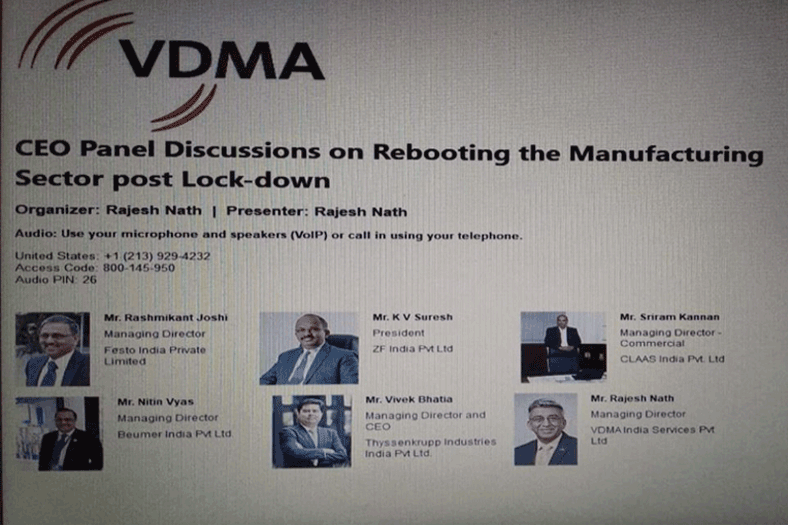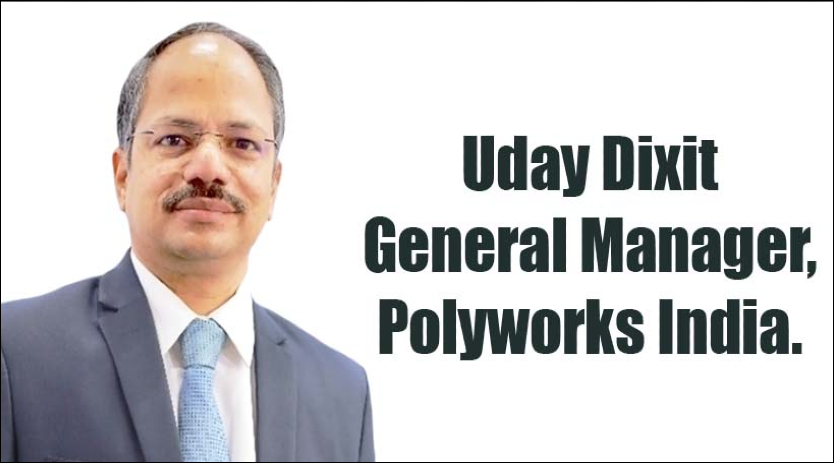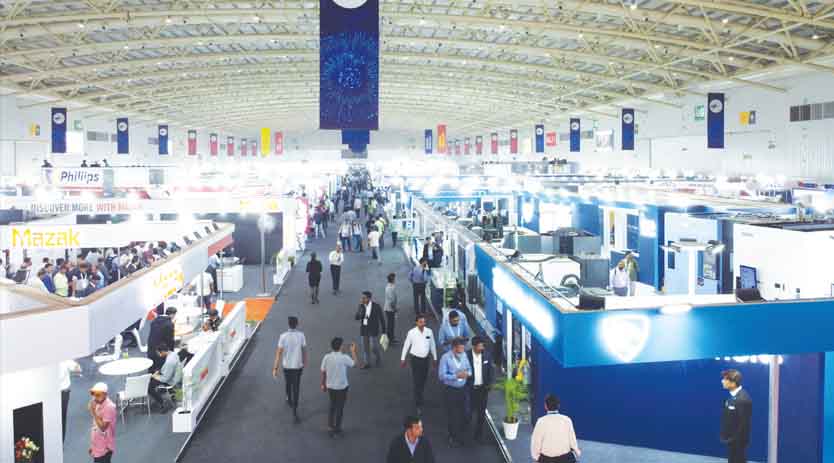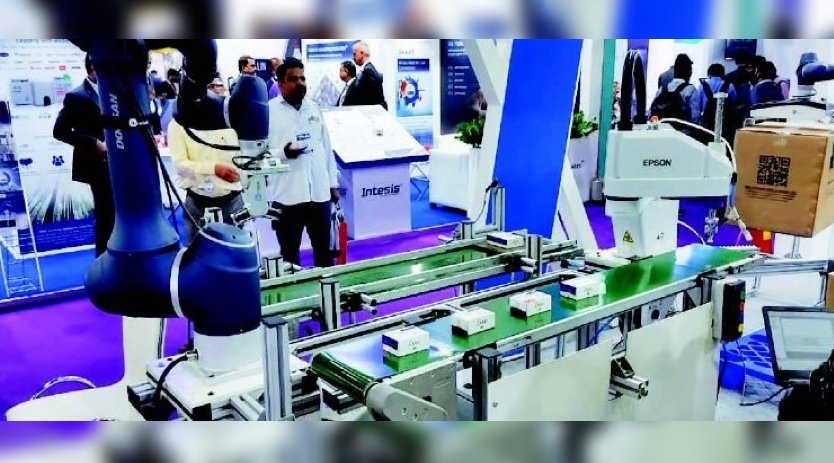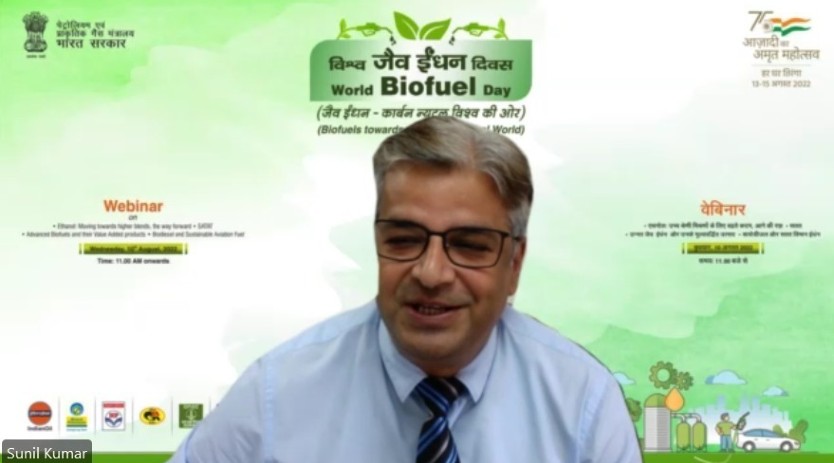VDMA hosts webinar on rebooting the manufacturing sector post lockdown
By OEM Update Editorial April 21, 2020 5:42 pm IST
Along with an unprecedented human toll, COVID-19 has triggered a deep economic crisis. The global economic impact could be broader than any that we have seen since the Great Depression. The big difference now is that unlike the financial crisis of 2008, which could be surmounted by creating demand, here we have the issue of both demand and supply which is a unique situation. The virus has shut down production and disabled critical components of the supply chain leading to production halts, which will result in layoffs and in turn would lead us to a vicious cycle. In fact, global trade is predicted to see a huge fall ranging from 20 percent to 35 percent as per the current projections of OECD.
The GDP growth in India is expected to shrink to around 1.5 percent to 2 percent. COVID-19 impact has resulted in tighter credits and cash flow constraints. It is a question for survival for many. Manufacturing companies will have to take steps to recover after this challenging period and be ready to take a leap when the situation starts returning to normal. At the present moment, the balance has to be struck between the imperatives of preserving the importance of health, economy, and society. Naturally, the overriding consideration has to be that of health of the population, which should be followed by the economic requirements, such that the impact on social conditions is not of a negative nature.
In this context, VDMA India organised a webinar recently on the topic “CEO Panel Discussions on Rebooting the Manufacturing Sector post Lockdown”, with an aim to provide some insights into how to prepare for the present challenge and future requirement. The discussion was moderated by Rajesh Nath, Managing Director, VDMA India, and had the following VDMA members as esteemed panellists: Rashmikant Joshi – Managing Director, FESTO India Pvt Ltd; Vivek Bhatia – Managing Director and CEO, Thyssenkrupp Industries India; K.V. Suresh – Managing Director, ZF India Pvt Ltd.; Sriram Kannan – Managing Director, CLAAS India Pvt Ltd.; and Nitin Vyas – Managing Director, Beumer India Pvt Ltd.
The negative effect of the COVID-19 pandemic on business globally and in India is clearly visible as industrial activities have come to a complete standstill. When the panellists were asked what the present scenario at their company and manufacturing units is, the panellists mentioned that due to the lockdown presently, the manufacturing is shut and the supply chain is disrupted, except in some essential cases, as for Thyssenkrupp they are working on some orders catering to the power sector from one of their plants with necessary permissions. Also, Festo is working with skeletal staff, as they are catering to essential sectors like food and biopharma. Here social distancing and necessary safety and health precautions are being followed. Otherwise most of them are working from home and are utilising this time for training sessions on products and technology to their customers.
When asked what the near-term and long-term implications of the lockdown for their organisations are, the panellists are looking forward to reopening of activities. They are gearing up and would follow guidelines of health and safety of workforce. In fact, some like Claas mentioned that the guideline from their Head Office is much more stringent. For the panellists, sectors like construction and infrastructure are important; for example, ZF mentioned that as they cater to the automotive and OHV sector, their business is in a standstill, and they seek to partly restart their manufacturing operations after 20th April with necessary permissions and proper safety precautions. In the long term, they see that issues of supply chain and logistics will persist and those of cash flow and liquidity will arise and need to be addressed properly.
Cookie Consent
We use cookies to personalize your experience. By continuing to visit this website you agree to our Terms & Conditions, Privacy Policy and Cookie Policy.



